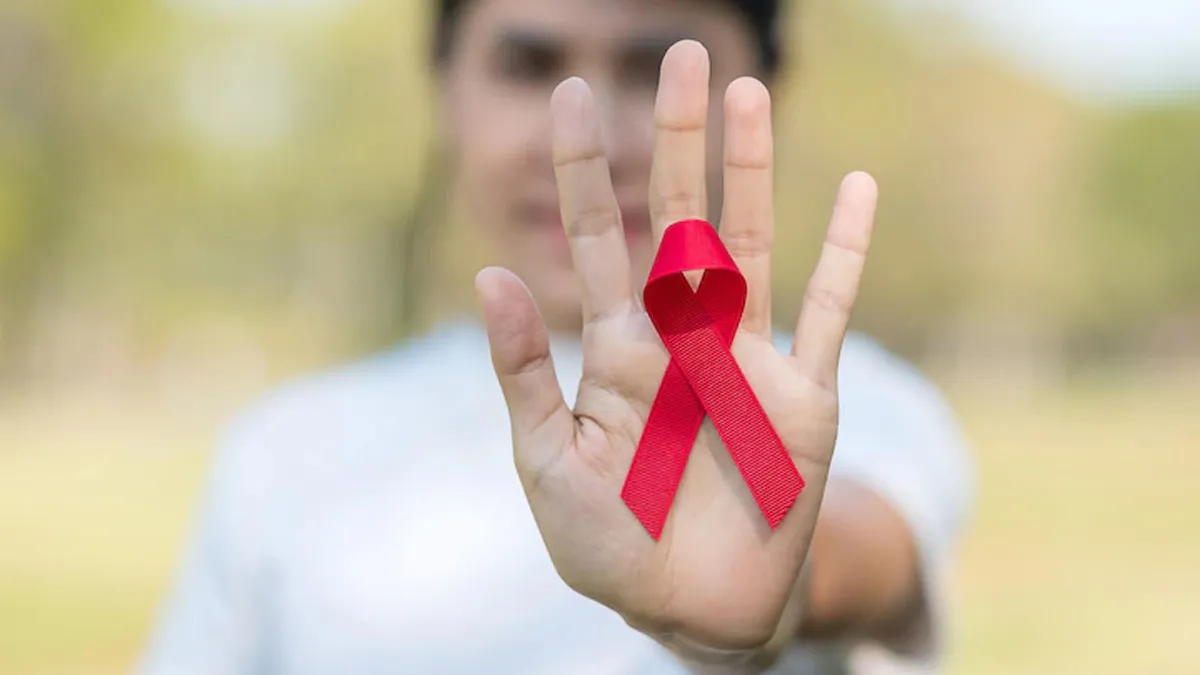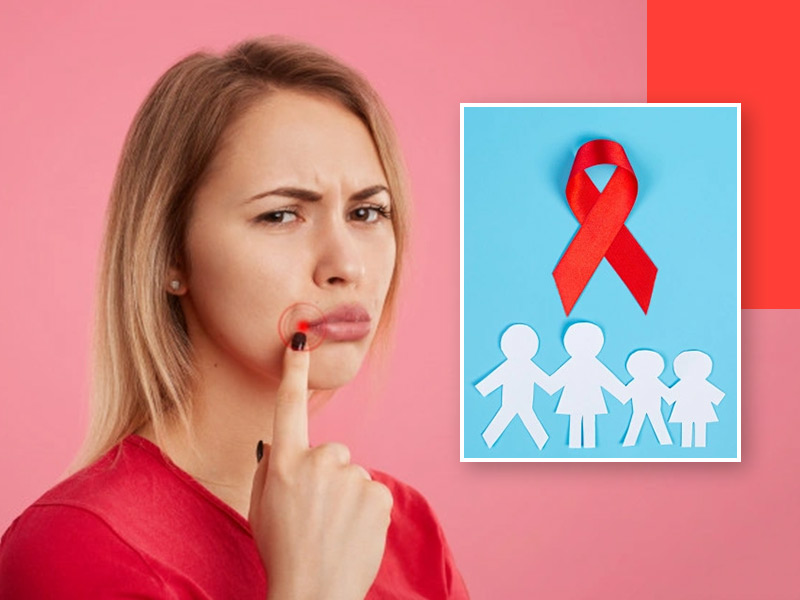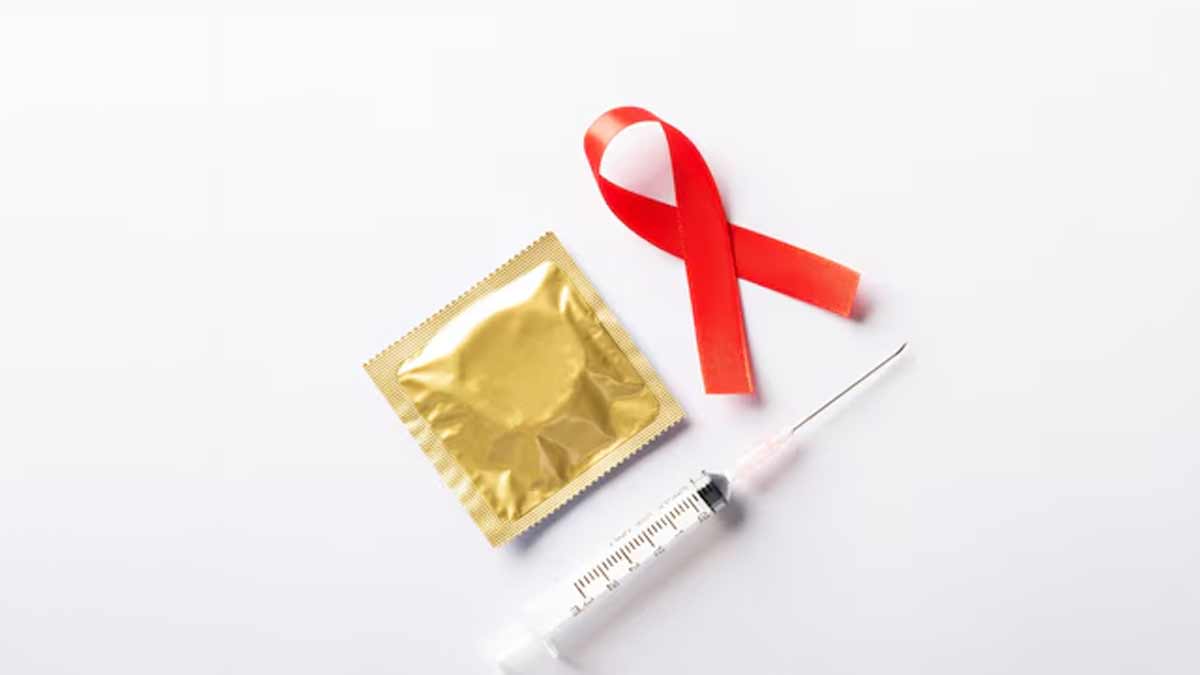
Being diagnosed with Human Immunodeficiency Viruses (HIV) is life-altering, but it is not the end of the world. Modern medicine and evolving social attitudes have transformed what it means to live with HIV. With early detection, proper treatment, and the right support systems, individuals diagnosed with HIV can live long, healthy, and fulfilling lives.
Table of Content:-
In an exclusive interaction with Onlymyhealth, Pinki Das, Associate Professor, Department of Mental Health Nursing, Sharda University - Noida, explained what happens after an HIV diagnosis, including the physical, emotional, and practical steps needed to manage the condition. Here is what she shared with us.
Understanding HIV Diagnosis
HIV is a virus that attacks the immune system, specifically targeting CD4 cells, making the body more vulnerable to infections and diseases. “When you are diagnosed as HIV-positive, it means the virus is present in your body. HIV attacks the immune system, specifically the CD4 cells (or T cells), making it harder for the body to fight infections and diseases,” Pinki explained. Moreover, if left untreated, it can lead to AIDS (Acquired Immunodeficiency Syndrome), a condition where the immune system is severely compromised.
“However, with advancements in Antiretroviral Therapy (ART), HIV is now considered a manageable chronic condition,” she added. The key is early detection and consistent treatment.

Also Read: HIV Infections in India Decline By 44% Since 2010, AIDS Mortality Drops 79%
Immediate Steps Post-Diagnosis
Our expert shared a step-wise guide on what to do after an HIV diagnosis. Here is what she noted:
1. Consult a Specialist
Seek a healthcare provider experienced in managing HIV. They will guide you through the initial stages, explain the implications of your diagnosis, and outline a treatment plan tailored to your needs.
2. Start Treatment
ART is the cornerstone of HIV management. This combination of medications suppresses the virus, helping you maintain a healthy immune system and reducing the risk of transmission. According to Pinki, "Starting ART as soon as possible after diagnosis can dramatically improve long-term outcomes."
3. Regular Health Monitoring
Your healthcare provider will monitor your CD4 count and viral load through regular blood tests. These metrics help in evaluating the effectiveness of your treatment.

4. Adopt a Healthy Lifestyle
Eating a balanced diet, exercising regularly, and avoiding substances that weaken the immune system, such as alcohol and tobacco, can significantly enhance your quality of life.
Also Read: Global HIV Rates Plunge 20%, But Ending AIDS By 2030 Remains A Challenge: Lancet Study
5. Emotional and Mental Health
An HIV diagnosis can be emotionally overwhelming. Feelings of fear, anger, shame, or sadness are common. Addressing your mental health is just as important as managing your physical health.
One of the greatest challenges for people living with HIV is stigma. Pinki explained, "Stigma often arises from misinformation. Education is key to overcoming these barriers." When and how to disclose your status is a deeply personal decision. Hence, if needed one can consider:
- Counselling and therapy
- Support groups
- Mindfulness practices
HIV Management Tips
Living with HIV can be a little tricky, but here is what your long-term management routine should look like:
- Adhere to treatment
- Regular checkups
- Build a support network
- Stay informed
Bottomline
Being diagnosed with HIV is a major life event, but it doesn’t define your future. However, with proper management, people living with HIV can achieve near-normal life expectancy. If you or someone you know is living with HIV, remember: knowledge, support, and action are powerful tools. Your journey is yours to own, and there’s a world of resources ready to help you every step of the way.
Also watch this video
How we keep this article up to date:
We work with experts and keep a close eye on the latest in health and wellness. Whenever there is a new research or helpful information, we update our articles with accurate and useful advice.
Current Version